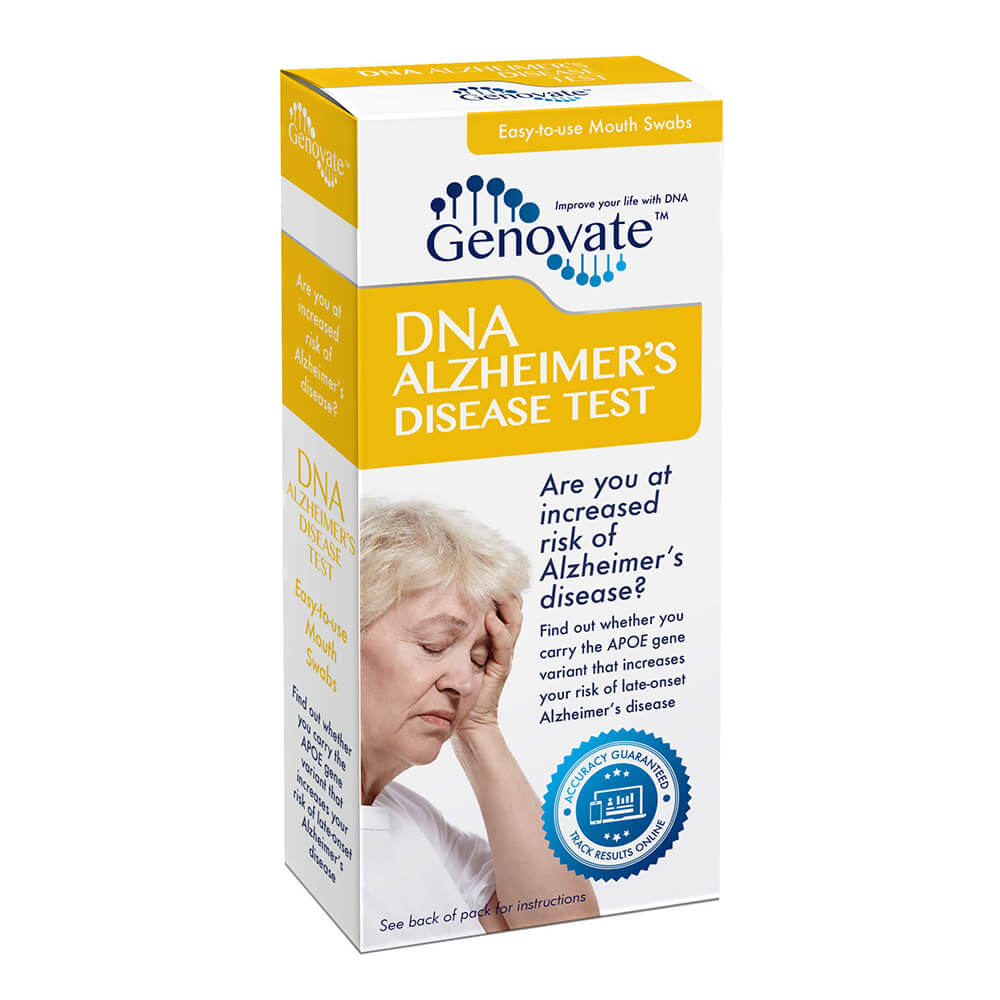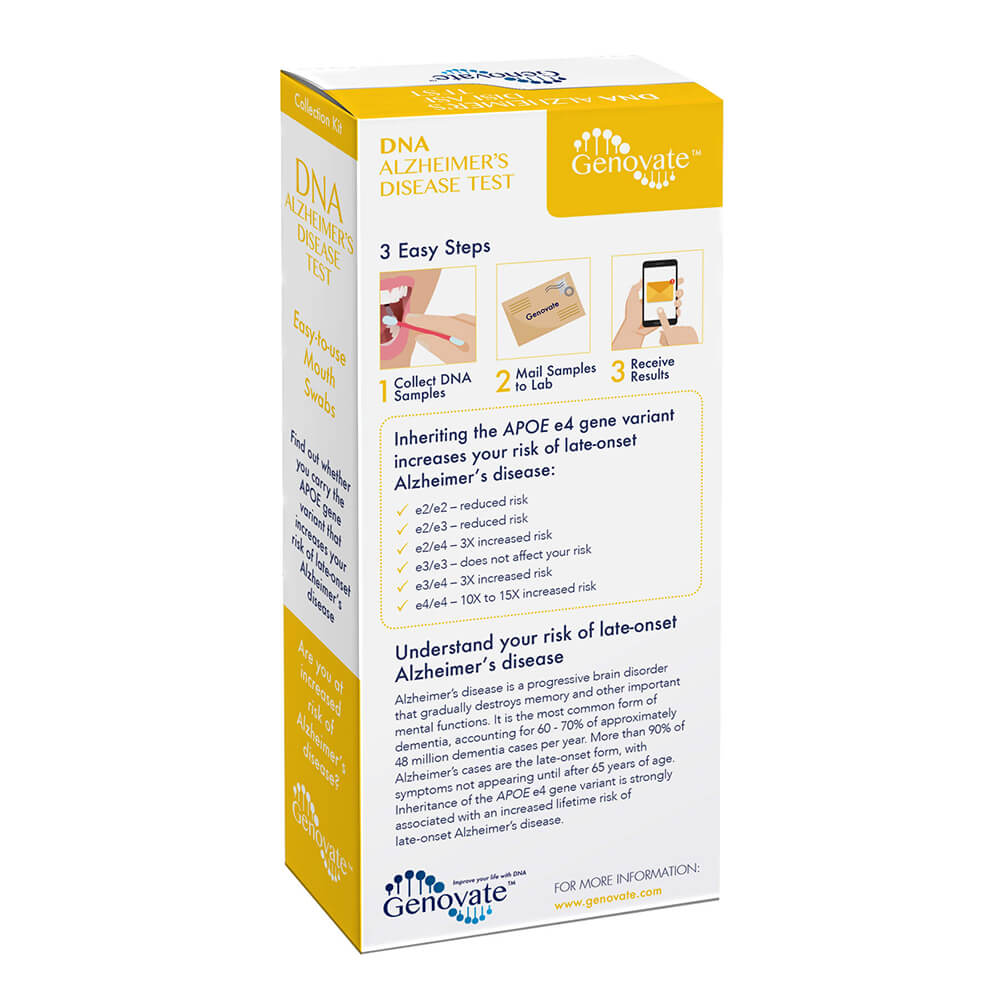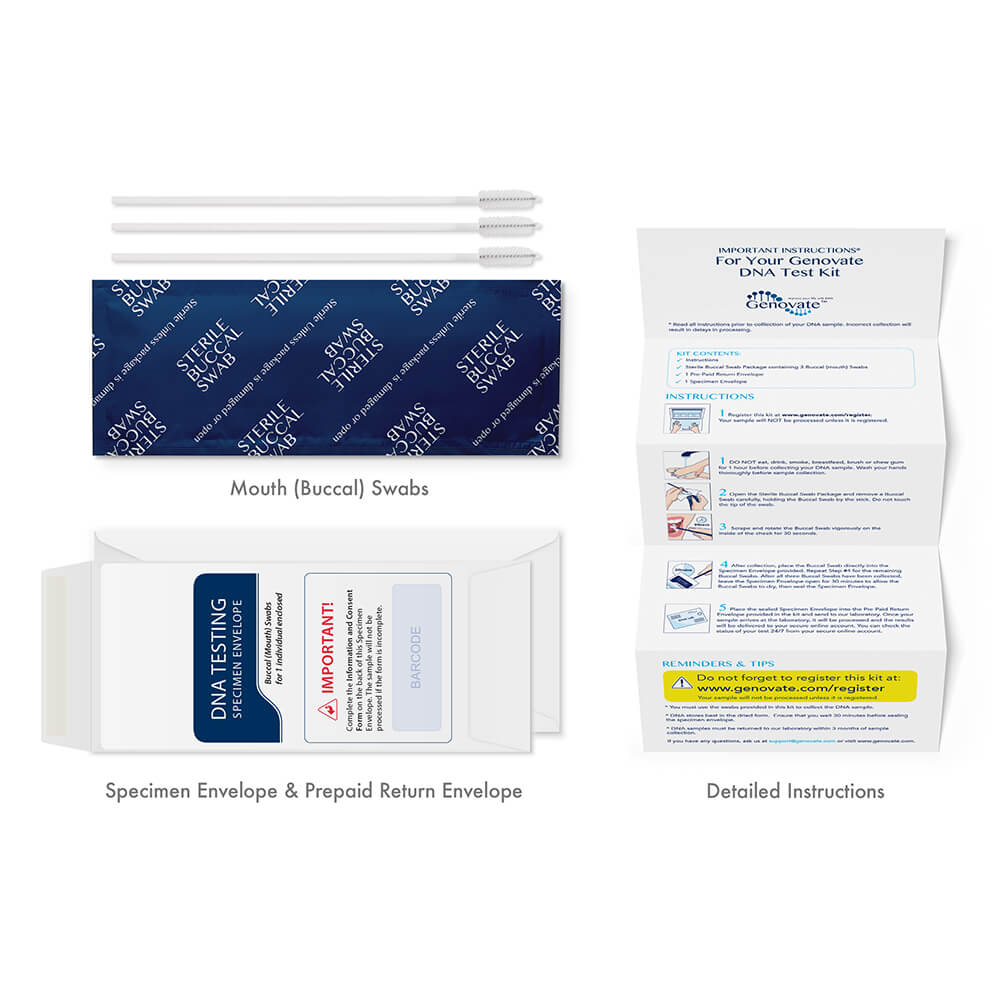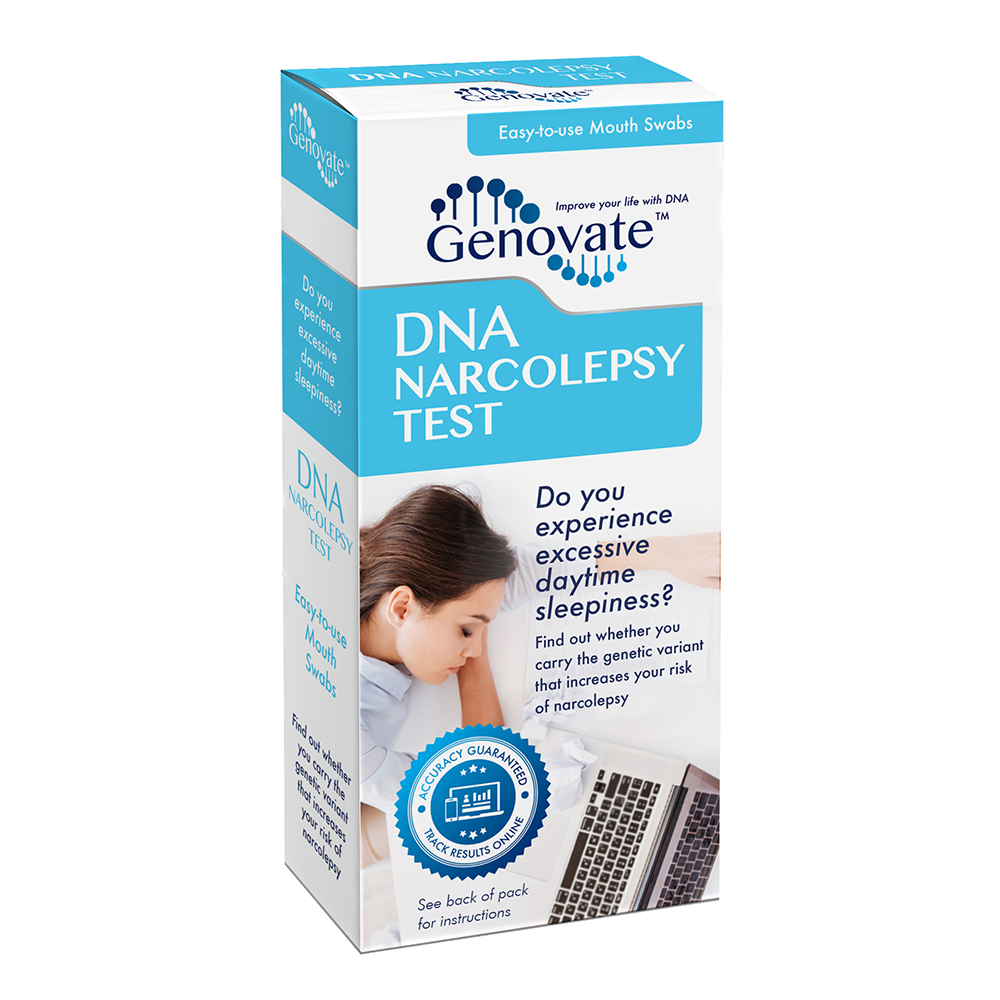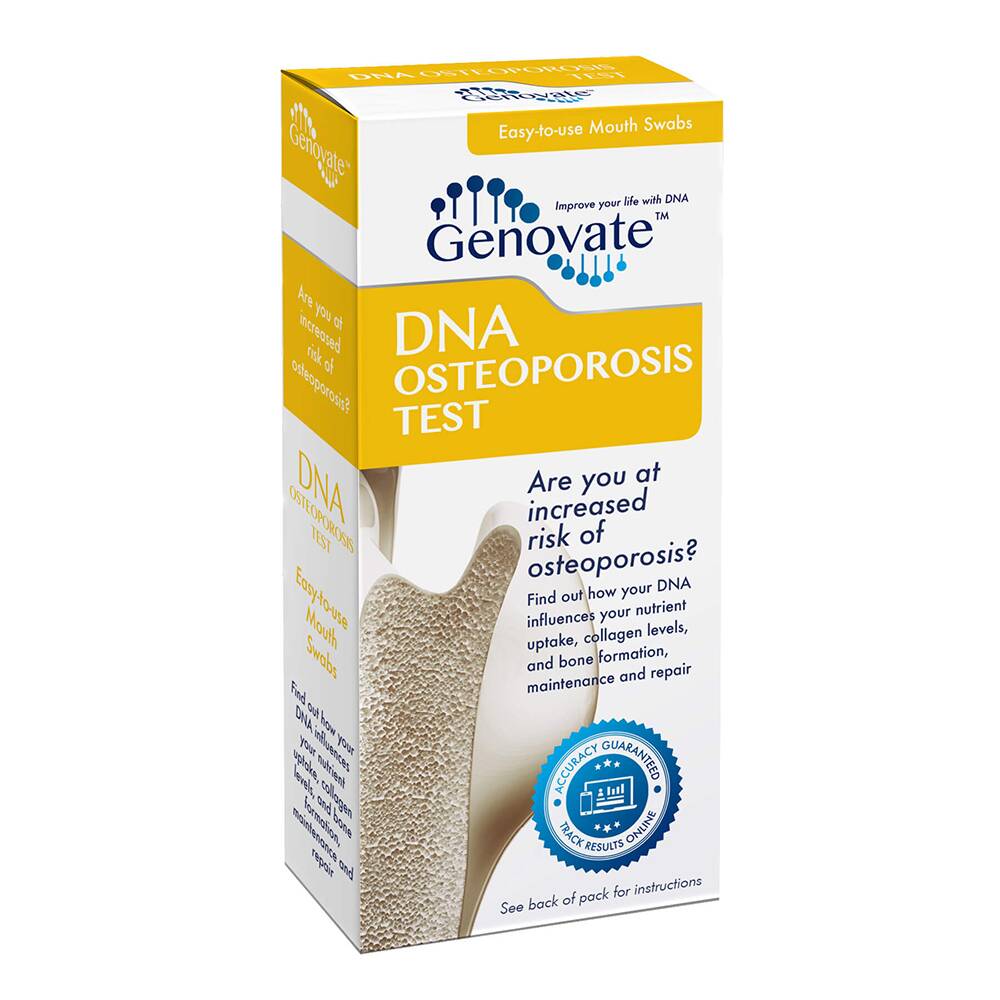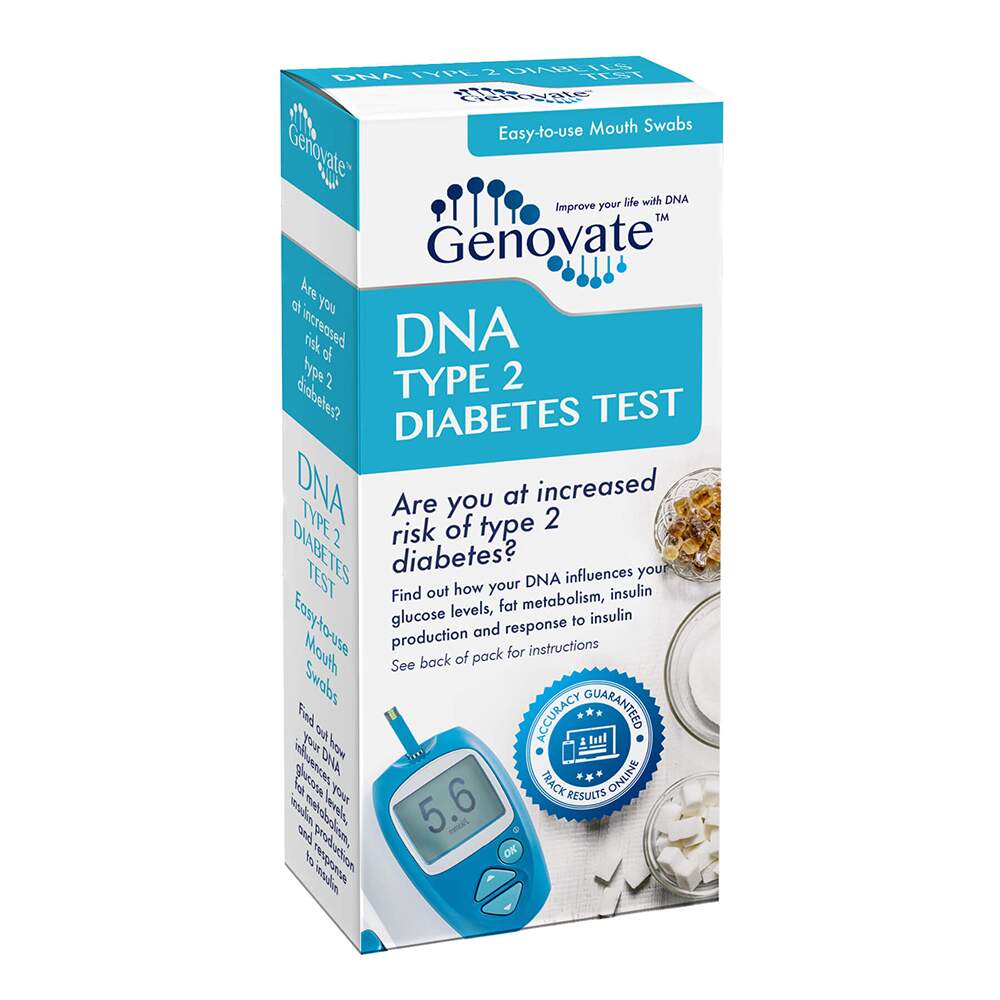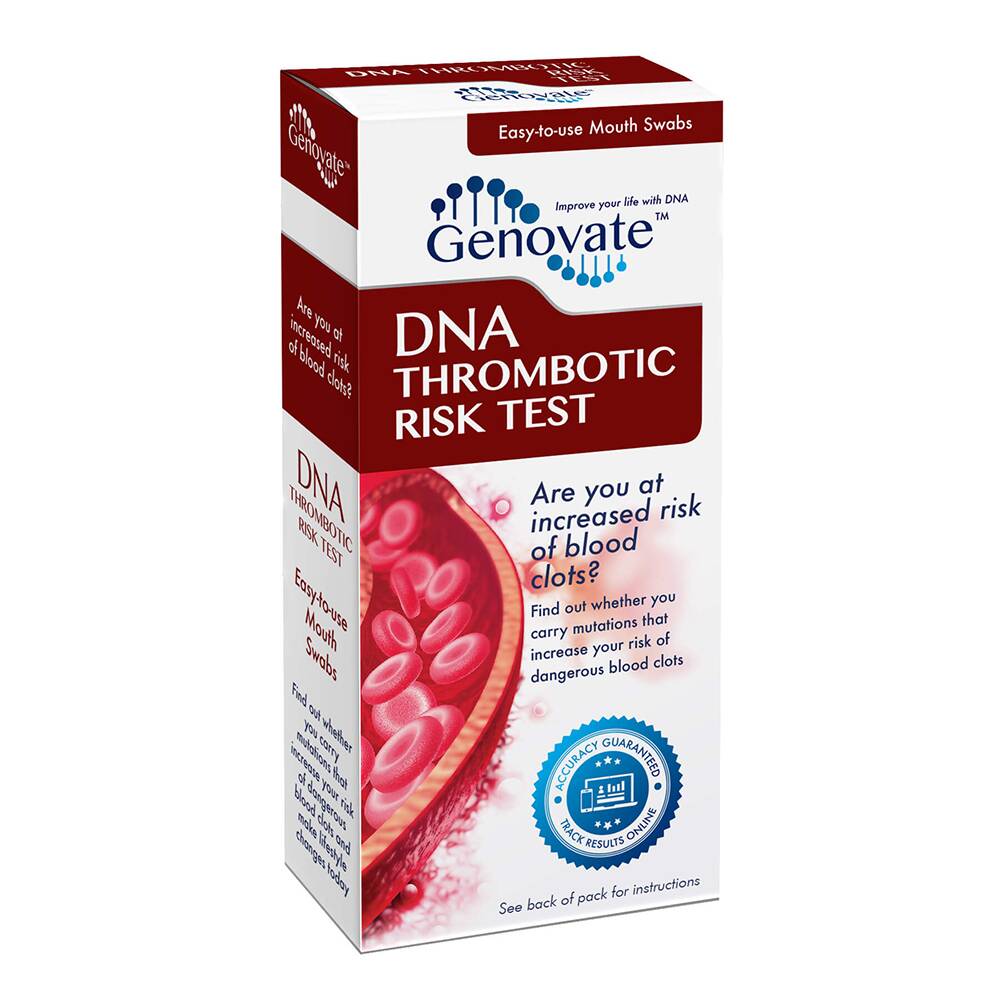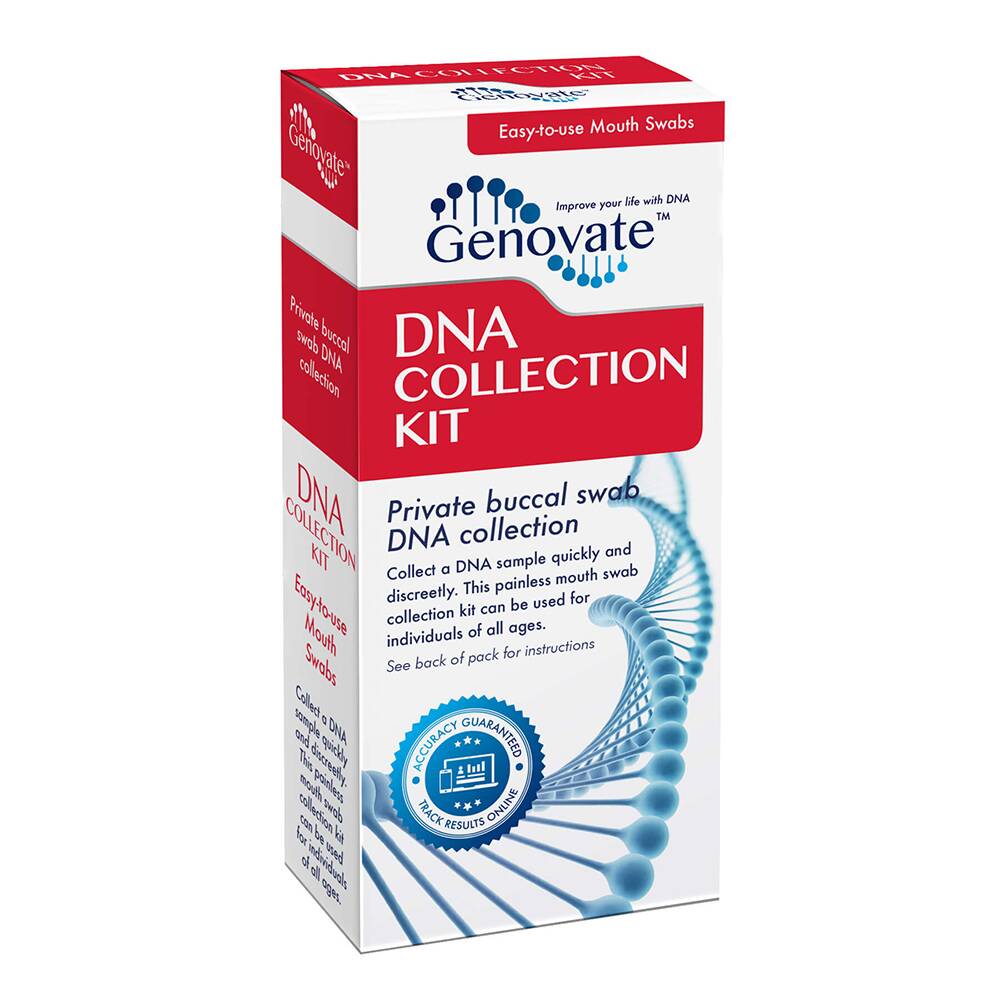Alzheimer’s Risk DNA Test
$195.00
Discover your genetic predisposition for late-onset Alzheimer’s Disease with the Genovate Alzheimer’s Risk DNA Test Kit. This easy-to-use, at-home test is designed to detect the presence of the APOE e4 variant, which is linked to 3- to 15-fold increased risk of developing late-onset Alzheimer’s.
- Detects three common APOE variants (e2, e3, e4)
- Easy at-home sample collection with painless mouth swabs
- 100% private and confidential online results
Alzheimer’s disease (AD) is a progressive, irreversible brain disorder that gradually steals someone’s memory and thinking abilities. It’s the most common cause of dementia, impacting millions globally. While age is the biggest risk factor, genetics, family history, and certain health conditions can also play a role. Early detection and lifestyle changes can help manage symptoms and potentially slow the progression of the disease.
What’s Happening in the Brain?
Research has identified two key players in AD progression: plaques and tangles.
- Plaques are sticky clumps of protein (beta-amyloid) that disrupt communication between nerve cells, like static on a radio.
- Tangles are caused by a structural protein (tau) becoming tangled and dysfunctional, hindering the cell’s ability to transport nutrients and other vital components.
As plaques and tangles accumulate, brain cells die, leading to the characteristic memory loss and cognitive decline seen in AD. By taking this test, you can learn your risk and begin implementing lifestyle changes to promote brain health.
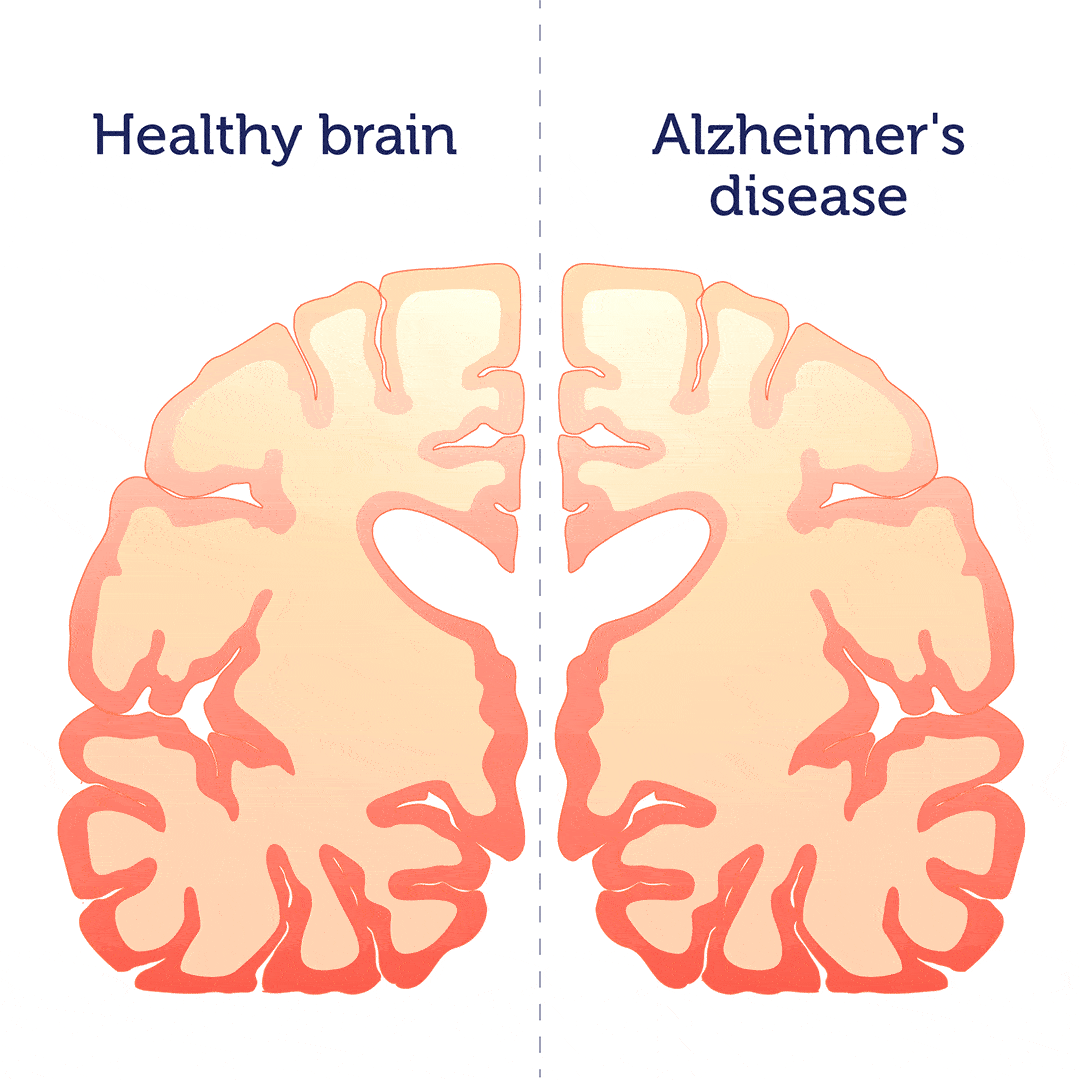
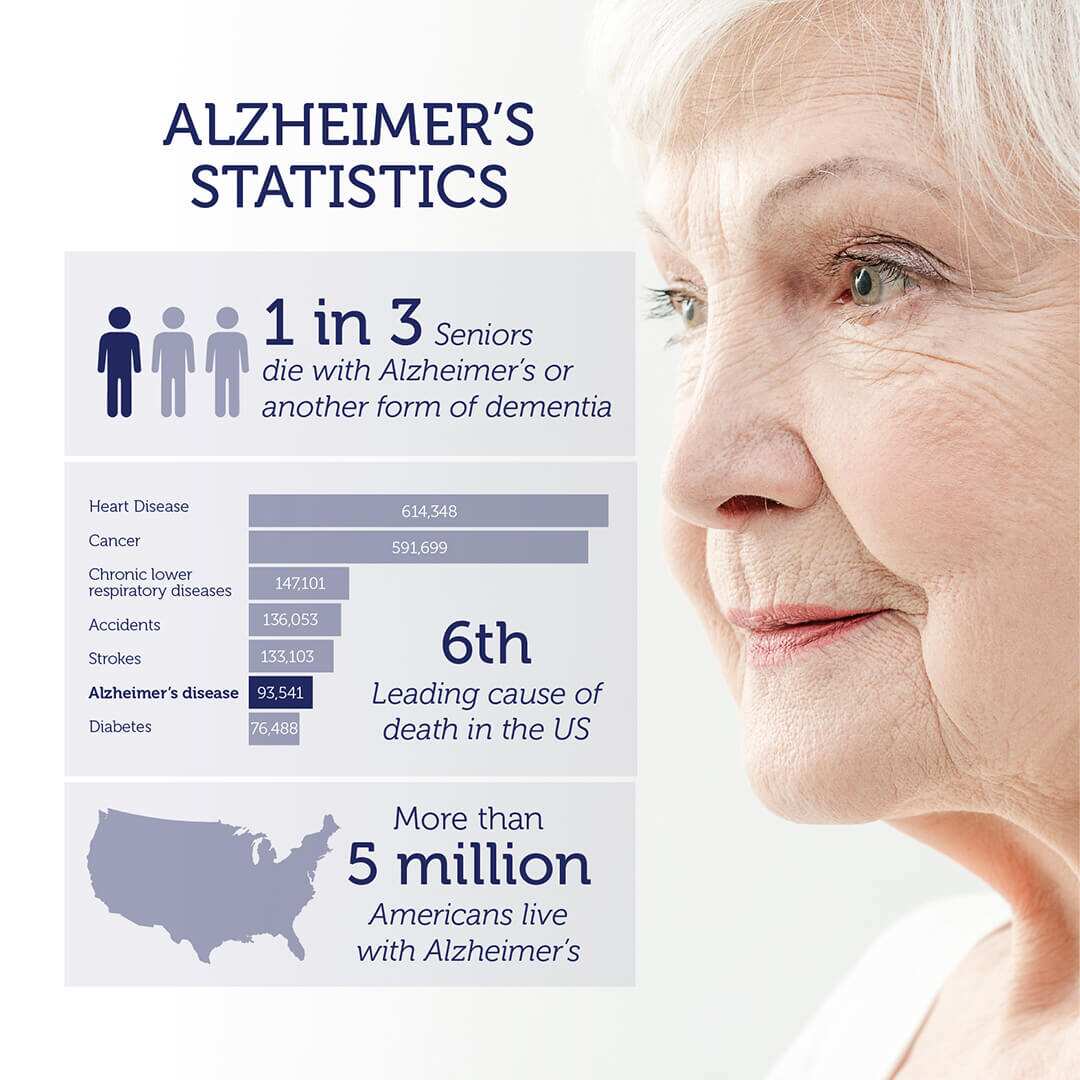
The APOE gene is the strongest genetic factor influencing the risk of late-onset Alzheimer’s Disease. It encodes apolipoprotein E, which plays a crucial role in various biological processes, including transporting fats, neuronal growth, nerve regeneration, immunoregulation, and injury repair in the central nervous system.
Tested Genetic Variants
The APOE gene has three major alleles: e2, e3, and e4. Each person inherits two copies of the APOE gene, and the combination of these alleles determines their risk level for late-onset Alzheimer’s Disease.
- e2/e2 – reduced risk
- e2/e3 – reduced risk
- e2/e4 – 3X increased risk
- e3/e3 – does not affect your risk
- e3/e4 – 3X increased risk
- e4/e4 – 10X to 15X increased risk
Understanding your APOE genotype can help you take proactive steps towards monitoring your health and potentially implementing lifestyle changes to maintain brain health. The test is a simple mouth swab, pain-free, and suitable for all ages.
Symptoms
The symptoms of late-onset Alzheimer’s disease typically start out mild and progressively worsen over time. The disease is often diagnosed in several stages: preclinical, mild (early stage), moderate, and severe (late stage). Some of the common symptoms and warning signs of late-onset Alzheimer’s disease include:
Early Stage
AD often begins with mild memory lapses, like forgetting names or misplacing items. These may seem harmless, but over time, they worsen, impacting daily life.
- Memory problems, such as forgetting events or personal history
- Decline in non-memory aspects of cognition, such as finding the right word, trouble understanding visual images and spatial relationships, and impaired reasoning or judgment
- Difficulty completing tasks
- Mood and personality changes
- Increased anxiety and/or aggression
Moderate Stage
- Increased confusion and memory loss
- Withdrawal from social activities
- Inability to learn new things
- Difficulty with tasks of daily living
- Behavioral symptoms such as social withdrawal, depression, paranoia, and mood changes
Severe Stage
- Complete dependence on others for care
- Inability to communicate effectively
- Severe cognitive impairment
- Weight loss and loss of interest in eating
- No awareness of recent experiences or surroundings
- Increased amount of sleeping
- General physical decline
It’s important to note that the symptoms of Alzheimer’s disease can vary from person to person, and the disease typically progresses slowly through these stages. Early diagnosis and understanding of genetic risk factors can be crucial for proactive health management and care planning.
How it works
Order your kit
Collect your sample
Receive your results
Related Products
$195.00
$349.00
$195.00

